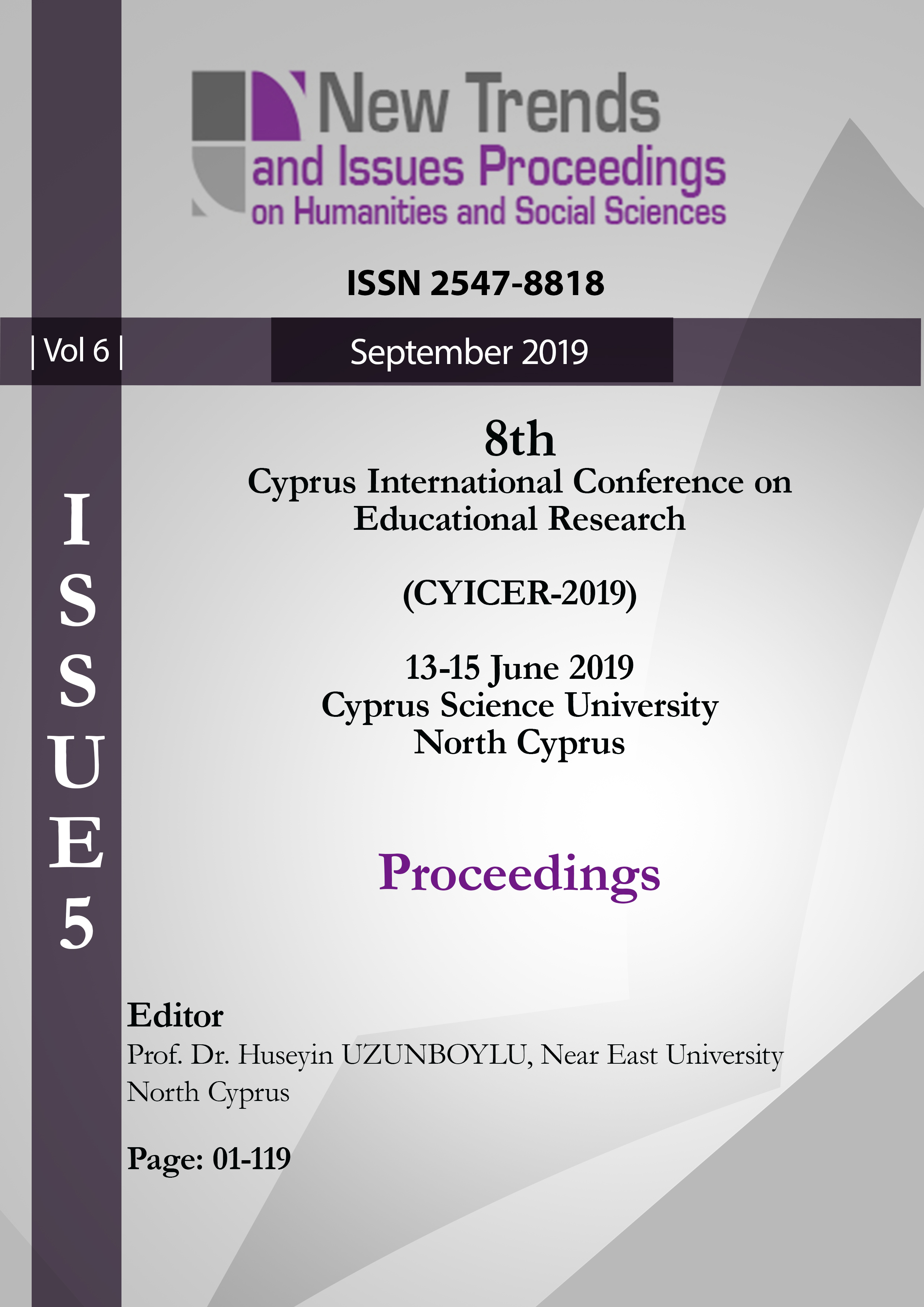Information seeking behaviours of engineering students: Case of Near East University
Main Article Content
Abstract
This study examines the information seeking behaviours of university students and explores students’ preferences between the university library and the Google search engine with their reasons. The research questionnaire was applied to 250 Near East University, Faculty of Engineering students. According to the results of the study; even students have enough knowledge to use the university library, they prefer to use Google and Internet resources for various purposes because they think that this is the fastest and easiest way to reach information. Even students obtain information via the Internet; they give importance to indicate the source in their assignments and projects. Findings also showed that there are some significant differences between departments’ information seeking behaviours.
Keywords: Information seeking behaviours, Internet, Google, engineering education, university libraries.
Downloads
Article Details

This work is licensed under a Creative Commons Attribution 4.0 International License.
Authors who publish with this journal agree to the following terms:- Authors retain copyright and grant the journal right of first publication with the work simultaneously licensed under a Creative Commons Attribution License that allows others to share the work with an acknowledgement of the work's authorship and initial publication in this journal.
- Authors are able to enter into separate, additional contractual arrangements for the non-exclusive distribution of the journal's published version of the work (e.g., post it to an institutional repository or publish it in a book), with an acknowledgement of its initial publication in this journal.
- Authors are permitted and encouraged to post their work online (e.g., in institutional repositories or on their website) prior to and during the submission process, as it can lead to productive exchanges, as well as earlier and greater citation of published work (See The Effect of Open Access).
